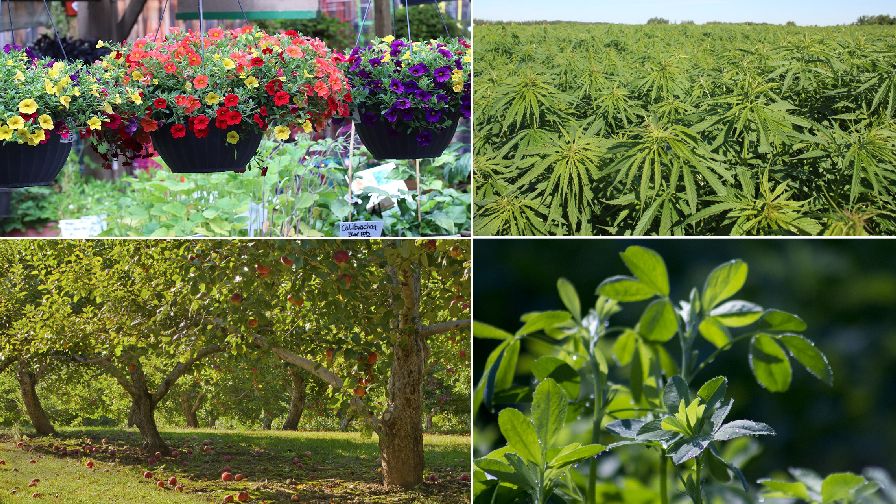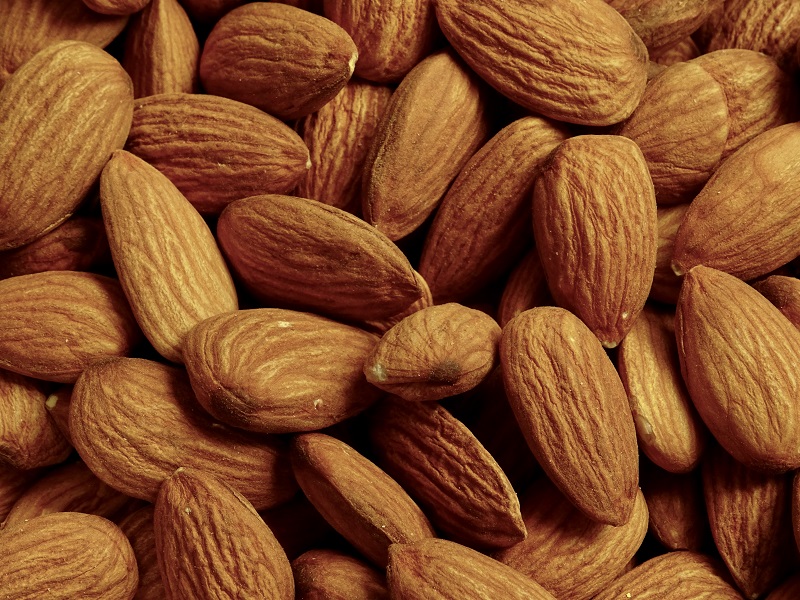Ask These Questions Before Investing in a New Crop
 When we asked you about alternative crops in a recent survey, your crop choices were all over the place – ranging from hemp to floral to fodder grains. But when it came to why you would choose those crops, and your concerns, you gave us a rock-solid list of what to consider before jumping in.
When we asked you about alternative crops in a recent survey, your crop choices were all over the place – ranging from hemp to floral to fodder grains. But when it came to why you would choose those crops, and your concerns, you gave us a rock-solid list of what to consider before jumping in.
Together, your responses offer a solid review list of what you need to ask before adding a new crop to your mix.
How Intense Is the Labor?
A big concern when growing an alternative crop is how much labor is involved. Let’s face it, with a tight labor market, growers can’t afford to take on intensive crops. It’s just too expensive.
For example, one anonymous pollster who wished to grow Zinnias worried about “labor to cut [flowers] daily.”
Do We Have the Proper Equipment?
Equipment, just like labor, is expensive. When growing an alternative crop, make sure you don’t need specialized equipment you don’t already own. The income you earn may not cover that capital expense.
“Breaking into markets, new technology, and management” worries another anonymous pollster, who said they want to grow hay, grains, and fruits.
Do We Have Enough Money for This?
Several respondents are very worried about upfront costs. “When growing anything, there is always an upfront cost we must face before we see the benefits of our harvest.”
When it comes to possibly growing persimmons, blackberries, and other fruits and nuts, the upfront costs and marketing would be difficult to overcome, says David Lee of DHL Farms said.
What is the Risk of Loss in Growing this Crop?
Every crop has a shelf life. Some crops are more susceptible to diseases, lowering yields and profits. So growers must consider the risk of never recovering upfront costs.
An interesting concern brought up by an anonymous grower, who said their alternative crop would be hemp, is theft. Both hemp and marijuana may attract thieves, a type of financial hit vegetable growers rarely face.
What Are the Regulations in My State, City, or Country?
Different types of crops come with differing regulations. Think about row crops and food safety.
Then there’s hemp and cannabis. Those of you wanting to take advantage of the newly legal and emerging hemp market, or the highly profitable state-level-legal cannabis have a major disadvantage.
These crops are so recently legal, local, state, and federal regulators are nervous about losing control. And they’re concerned about how these crops will impact citizens in their jurisdictions. That always translates to a long string of rules and certifications. And with so many agencies involved, some of these rules may contradict one another.
This especially applies to cannabis. Marijuana is still classified as an illegal substance is some areas. One state may allow only growing X amount of plants, while another will require fees.
How Will These Crops Affect My Current Crop Mix?
Finally, growing a new crop can affect your current crop mix.
Will the crop attract new pests? Or could it become a weed in the next crop rotation? A high priority for organic growers is whether they can add the crop to their organic offerings.
These challenges can be avoided by researching proper crop protection and care and looking into how to go about removing a crop when starting a new rotation to avoid them becoming weeds.










